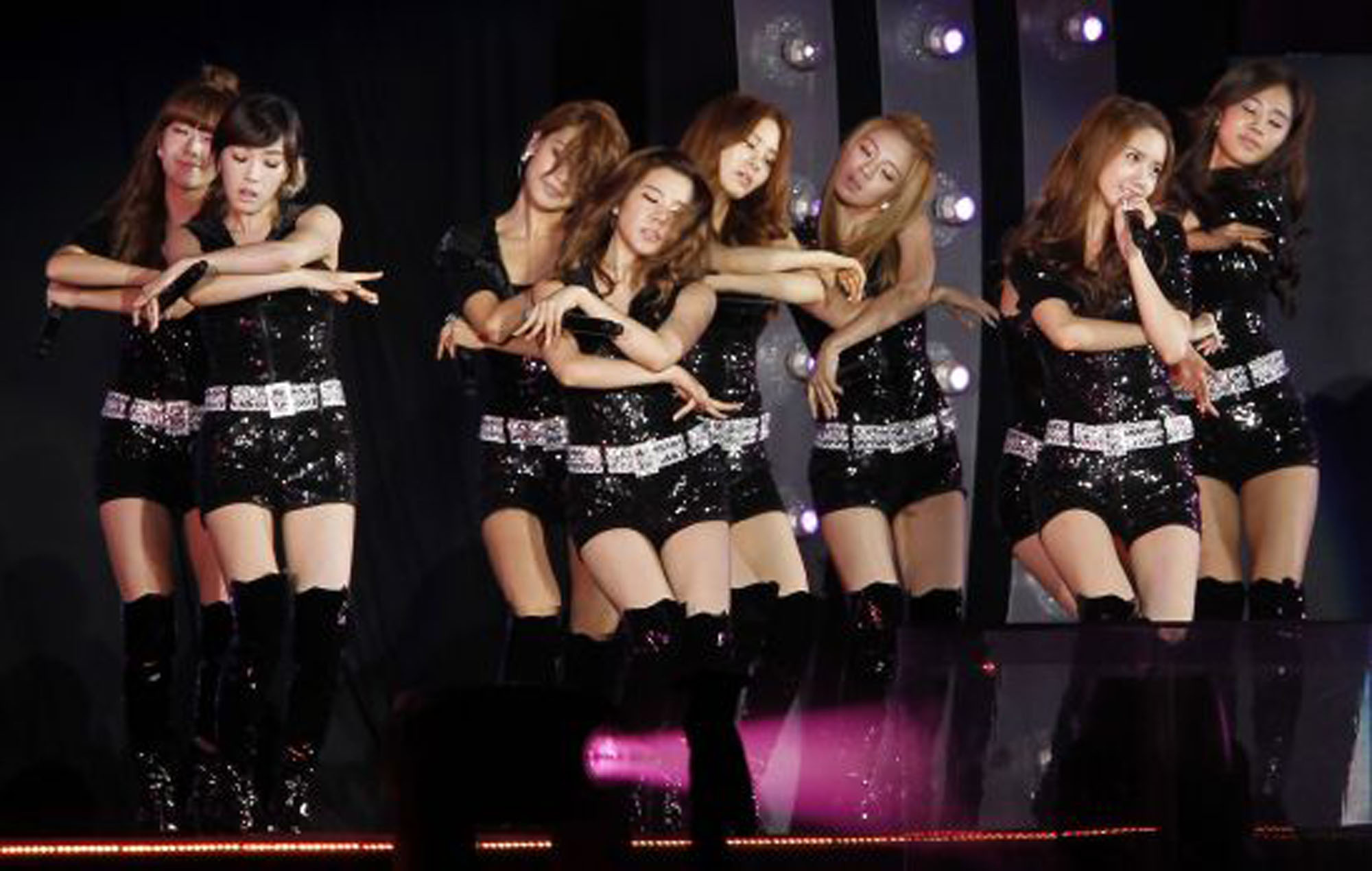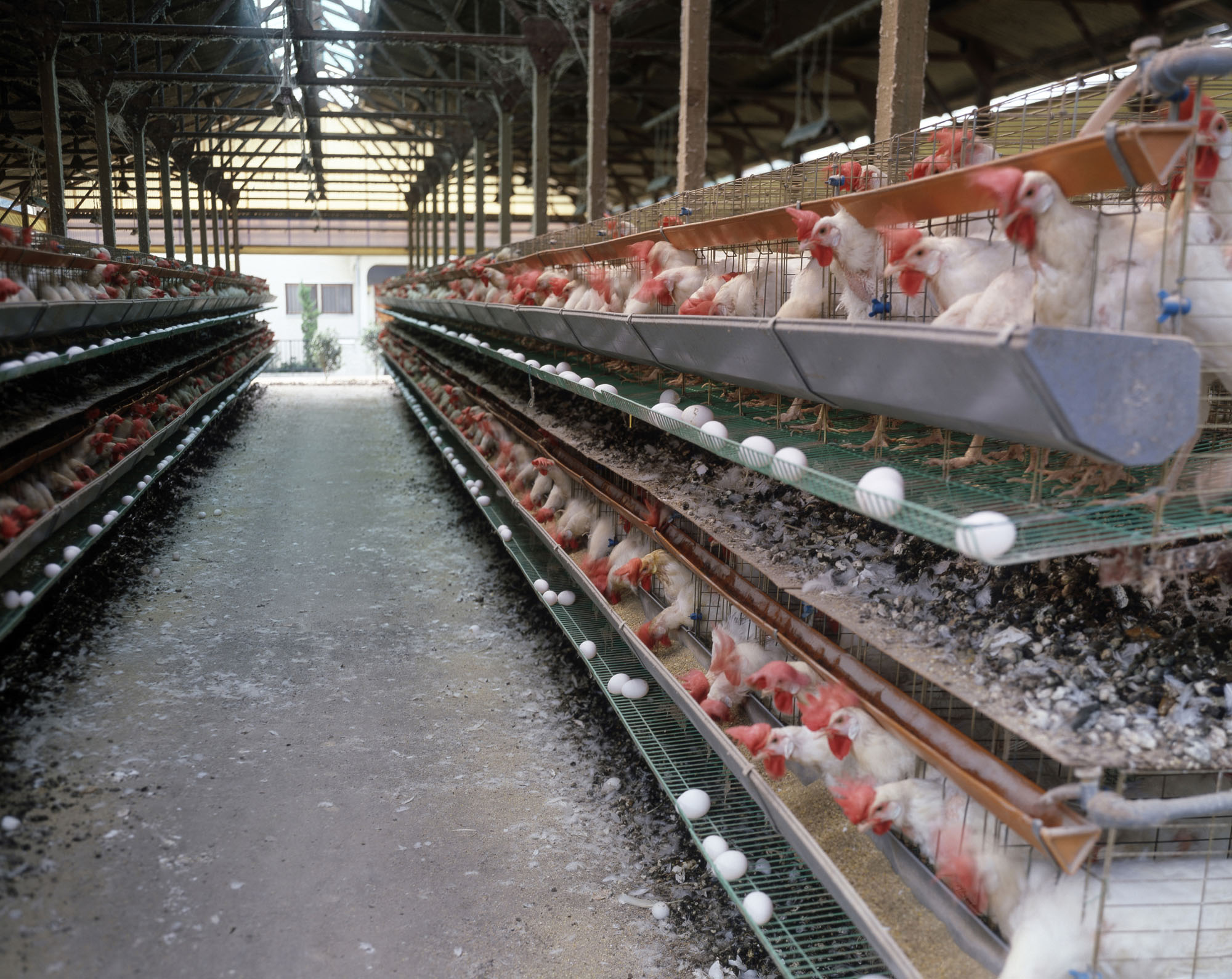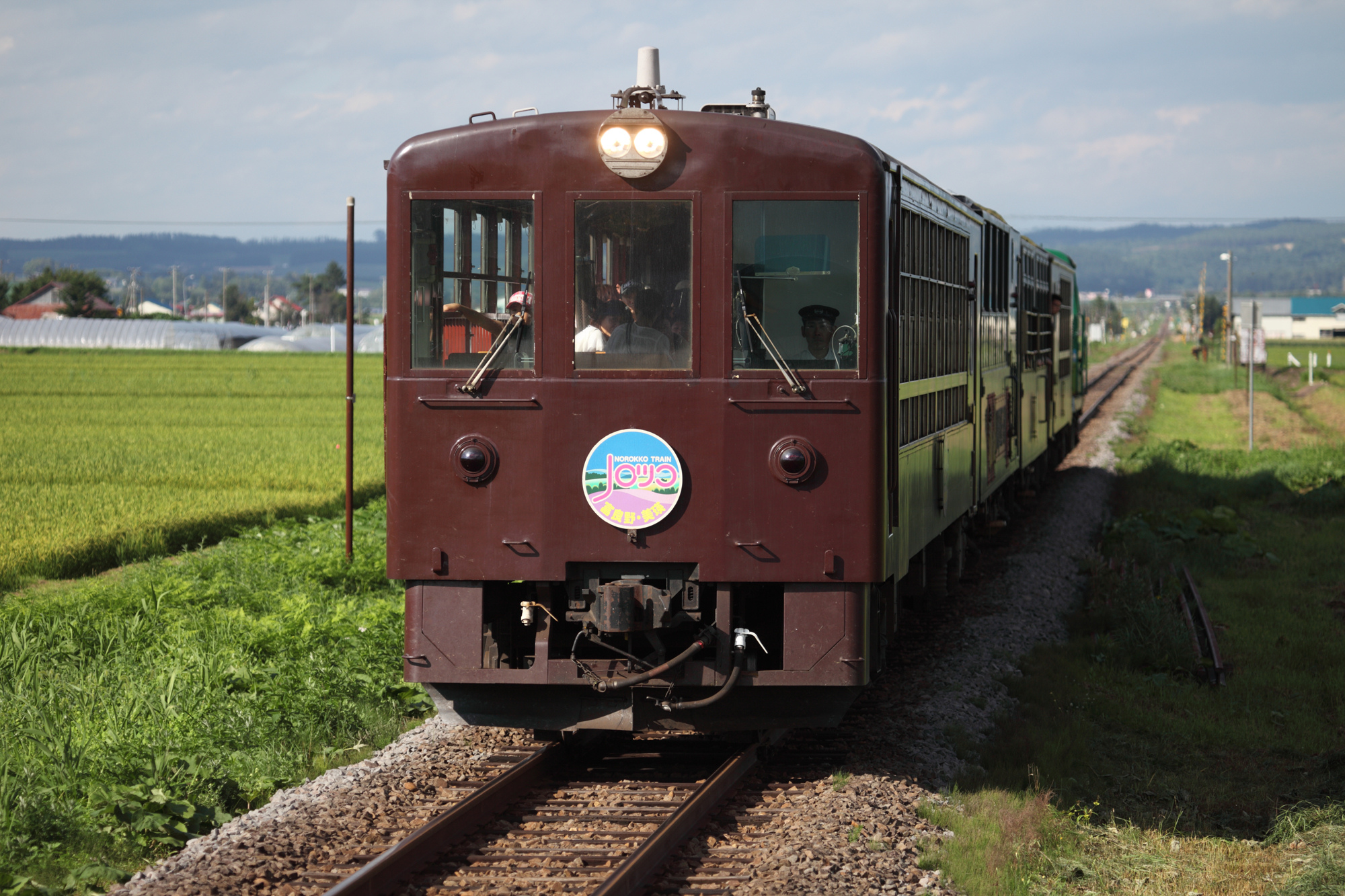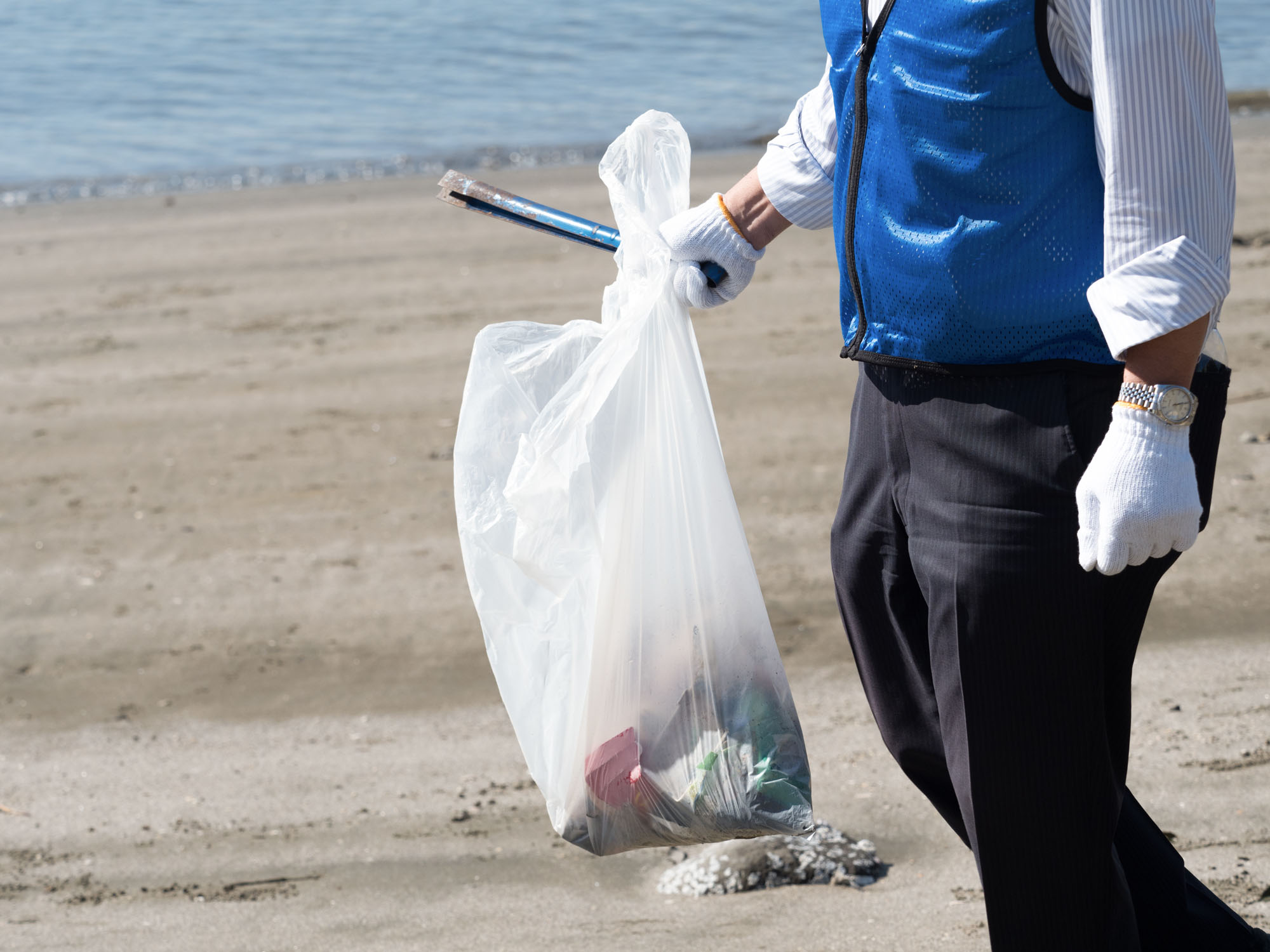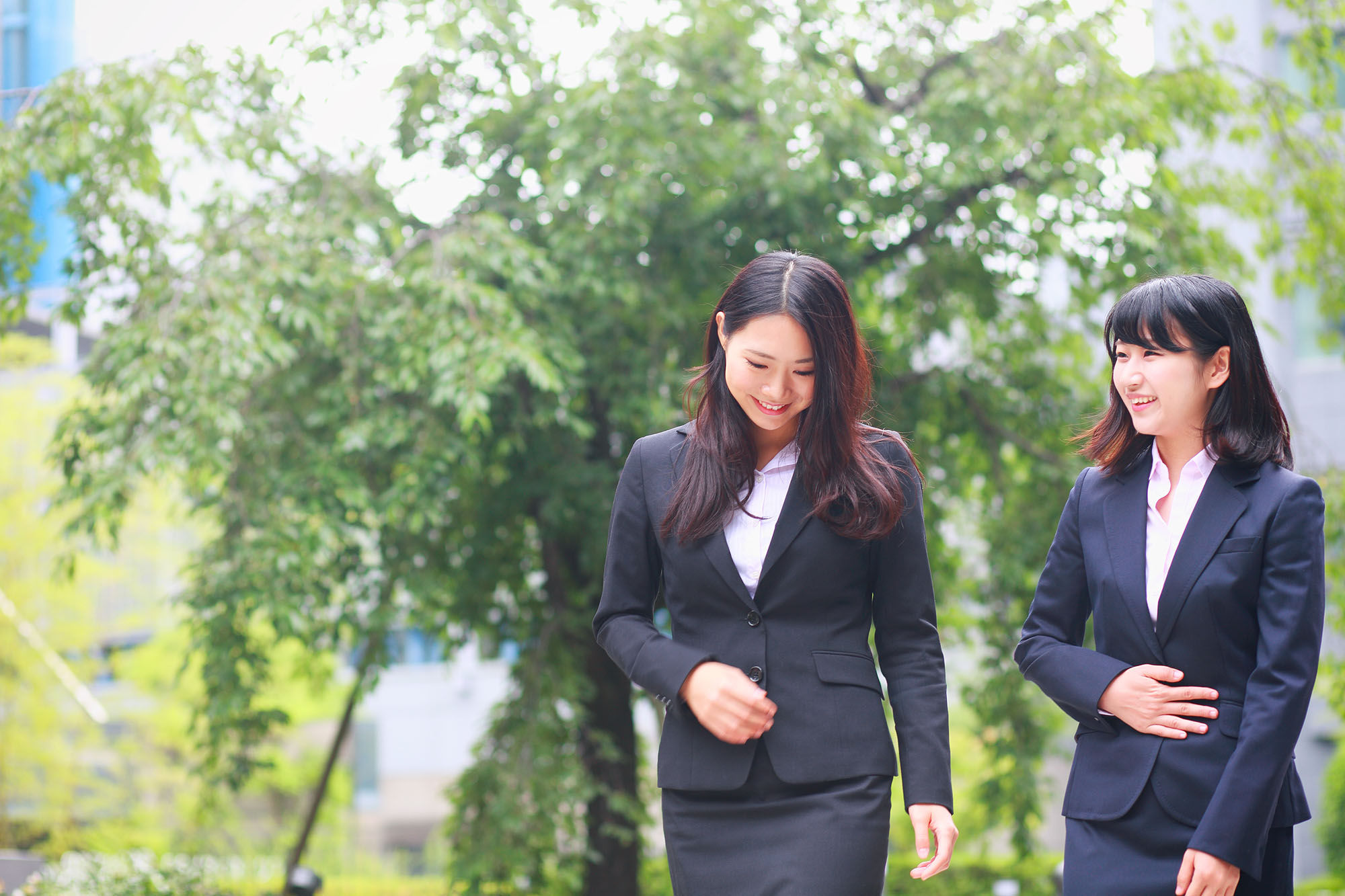MEDIA MIX
Aug 24, 2019
Aug 17, 2019
Aug 10, 2019
Aug 3, 2019
Jul 27, 2019
Jul 20, 2019
Jul 13, 2019
Jul 6, 2019
Jun 22, 2019
Jun 15, 2019
Jun 8, 2019
Jun 1, 2019
May 25, 2019
May 18, 2019
May 11, 2019
May 4, 2019
Apr 27, 2019
Apr 20, 2019


